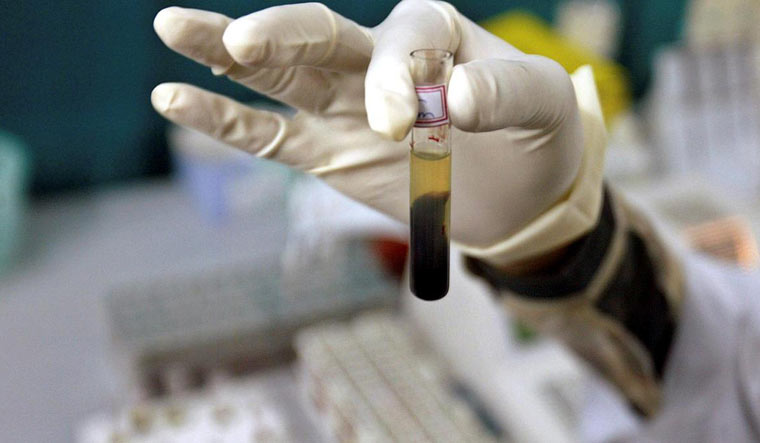There has been a huge increase in the number of cases of hepatitis in Mumbai, as per the public health department of the Brihanmumbai Municipal Corporation (BMC). As many as 282 cases of hepatitis were reported in the month of June this year as compared to 94 cases witnessed in the same period last year. This shows an increase by 66.66 percent compared to last year.
Of the 24 wards in which the investigations were carried out, maximum cases have been reported from the L ward—Kurla. A total of 643 cases were reported from all the 24 wards in March-June, in which 304 cases were from Kurla alone.
The health department of the largest civic body in the country confirmed that Kurla has been at the epicentre of a hepatitis outbreak, accounting for 60 per cent of the hospital admissions reported from across the city. Cases of hepatitis A and E were reported from Sambhaji Chowk, Buddha Colony, CST road, Mashrani Lane and Garden Lane areas. Physicians from the area agree that they have had a high rise in the number of patients complaining of flu-like symptoms that are in line with those of hepatitis, including dark urine, pale stool, fatigue, abdominal pain among others.
Hepatitis A/E is an inflammation of the liver which can progress to fibrosis, cirrhosis or even liver cancer at a later stage. According to Dr Ramesh Shah, “contaminated food and water and lack of personal hygiene further compounds to the problem."
As per the report by the health department, in the month of June, the city also witnessed high number of cases of other diseases including eight cases of dengue, five cases of leptospirosis, 310 cases of malaria and 797 cases of gastroenteritis in the BMC run hospitals. Cases of gastroenteritis remain high, although they have reduced in comparison to last year during the same period.
As per the advisory issued by the BMC, one needs to avoid drinking and eating outside too much and must stick to drinking boiled water. “Washing hands is a must before eating food.” It also stated that food and water-borne diseases are reasonably common during monsoons and faulty food habits including the consumption of contaminated food can cause diarrhea, vomiting, abdominal pain and fever, food poisoning and lead to infections. According to BMC executive health officer, Dr Padmaja Keskar, the primary cause seemed to be the pipeline leakage in the Sambhaji Chowk area that contaminated drinking water there.



